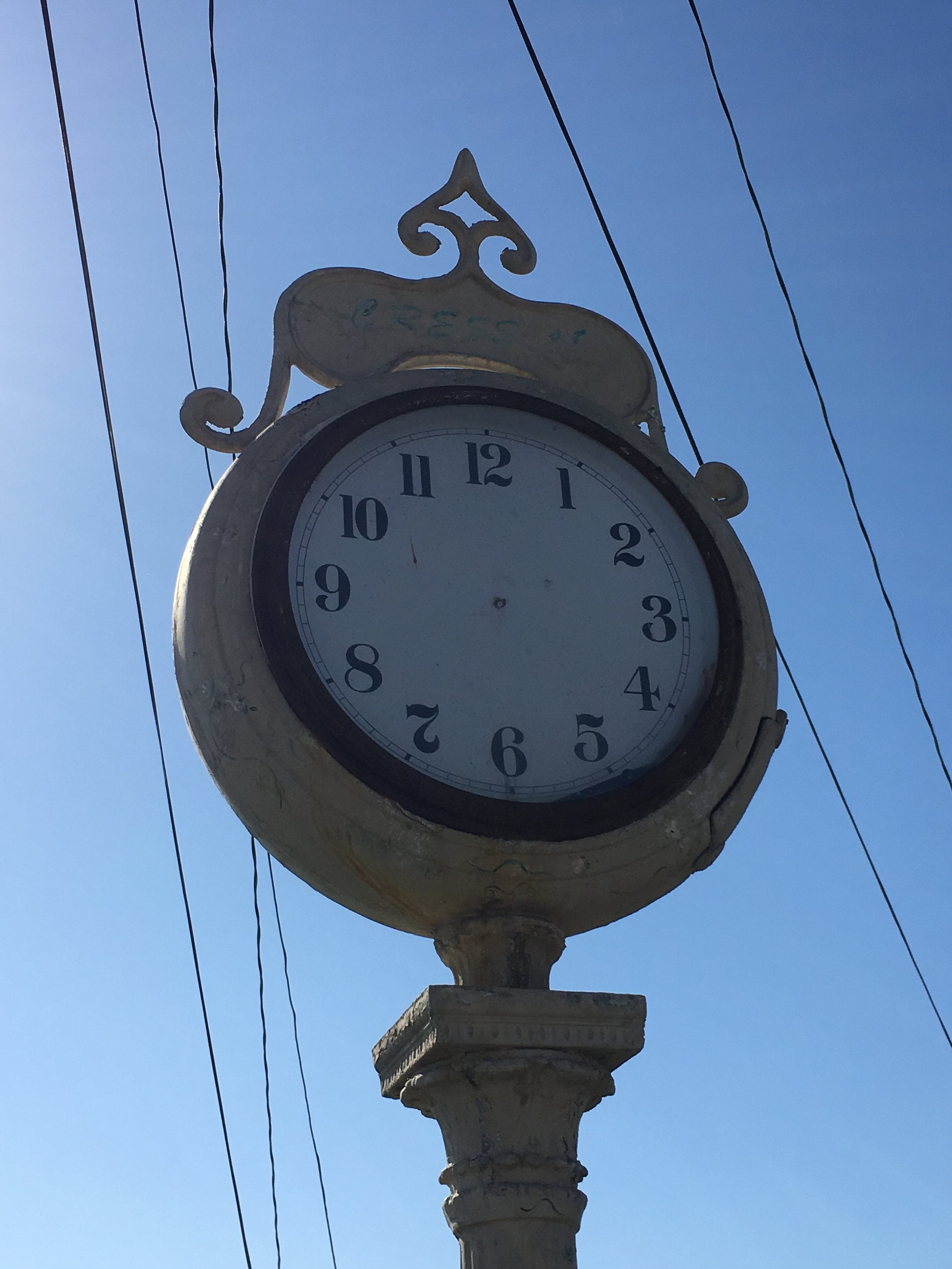235 E Broadway, Fl 8th, Long Beach, California 90802
Because I am a slacker who believes in leaving perfection well enough alone, I took this directly from its source:
Elizabeth Gilbert writes:
“I can’t tell you how many people said to me during those years, “How are you ever going to top that?” They’d speak of my great good fortune as though it were a curse, not a blessing, and would speculate about how terrified I must feel at the prospect of not being able to reach such phenomenal heights again.
But such thinking assumes there is a “top”—and that reaching that top (and staying there) is the only motive one has to create…Such thinking assumes that you must be constantly victorious—not only against your peers, but also against an earlier version of your own poor self. Most dangerously of all, such thinking assumes that if you cannot win, then you must not continue to play.
But…What does any of that have to do with the quiet glory of making things, and then sharing those things with an open heart and no expectations?”
Madisyn Taylor writes:
“Fear has a way of throwing us off balance, making us feel uncertain and insecure, but it is not meant to discourage us. Its purpose is to notify us that we are at the edge of our comfort zone, poised in between the old life and a new one.”
Can we ever become comfortable with our fear? The answer may be that the minute we are comfortable with our fear a new and better fear arises, or the distance to conquering that fear moves further off. But fears can be a guide as much as a hindrance. When we feel we’re on the edge of a break through, when we know we’re making something on the boundary of who we once were and who we’re going to be—that fear propels us forward, deeper, stronger, through.
Jericho Brown writes:
“We went into this agreement declaring to always have an exciting relationship to difficulty. No, not just the difficulty we find in opacity or that which is hermetic or elliptical or subtle…
When I say difficulty, I mean how hard it is to manipulate into stylized language even that which we avoid. How much do you avoid? How long have you avoided it? Is there anything that made you decide that poetry itself is somehow better than that which wracks your brain? If it has found a home in your head and yours is the head of a poet, doesn’t that mean poetry wants it? You want me to ask you these questions for the rest of your life.”
~
Everyone is welcome
$3 donation requested
























